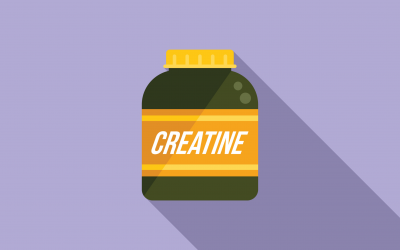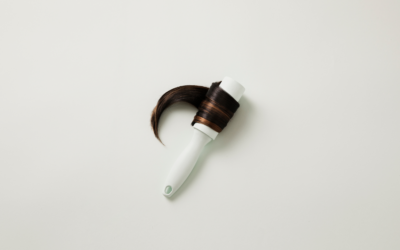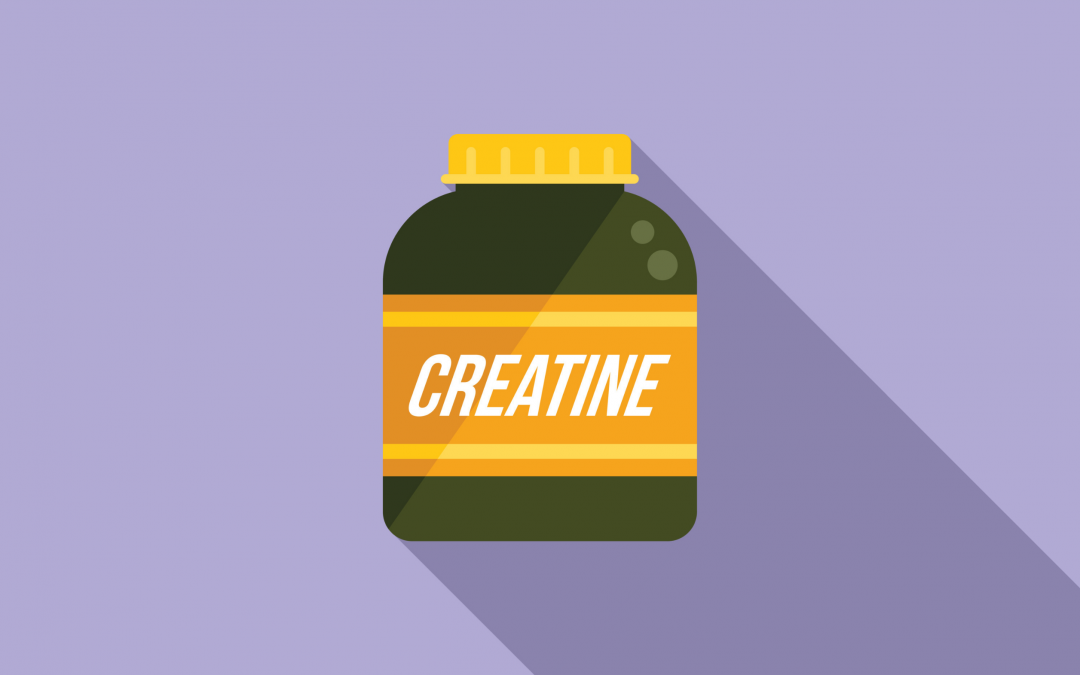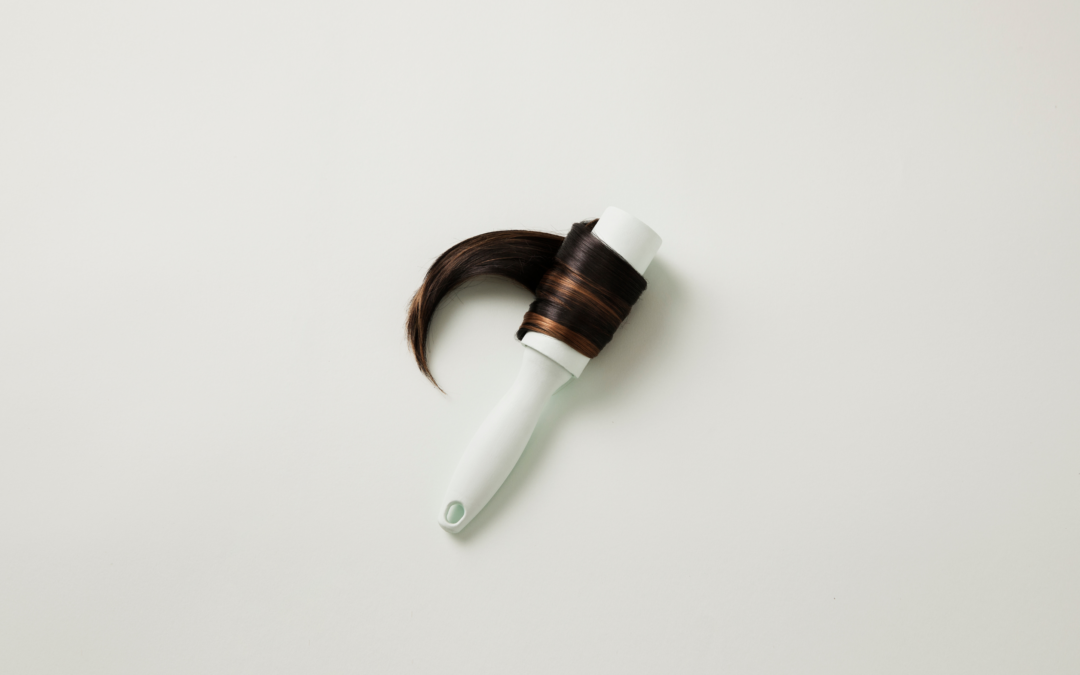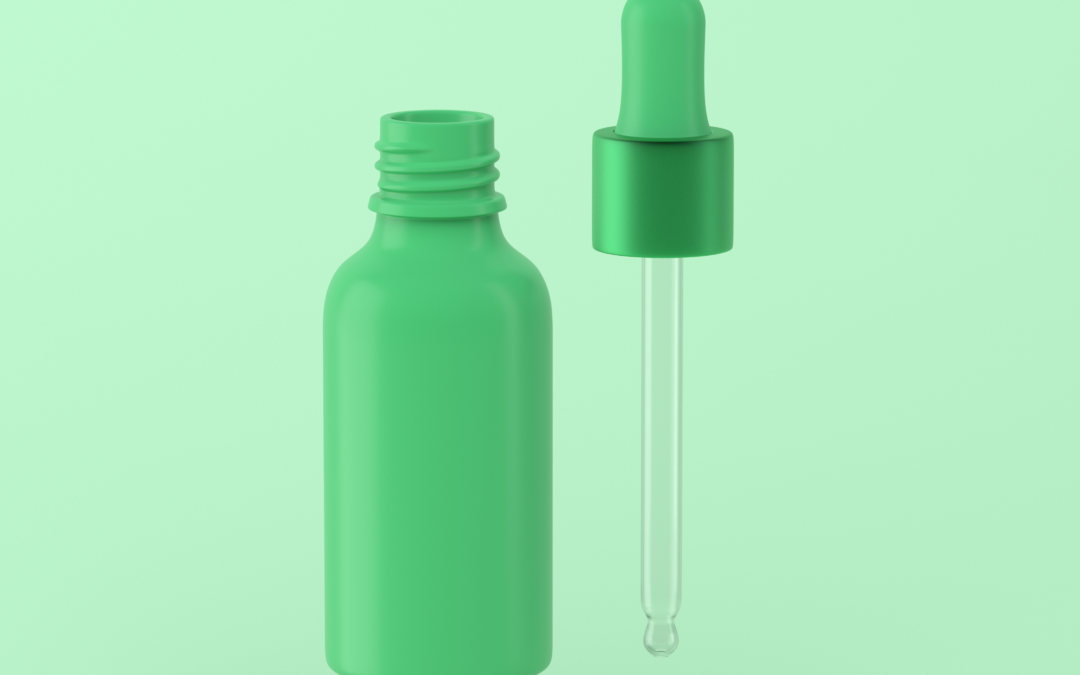Castor Oil for Hair Growth: Myth or Magic?
For decades, people have sung about the benefits of castor oil for hair growth. But at The Hairy Pill®, we like to maintain some healthy scepticism.
So we’ve taken a good look at castor oil to see if there is any credibility to the miracle hair growth claims or to find out if there’s an imposter in our midst!
What’s the Deal with Castor Oil?
Castor oil is a vegetable oil cold pressed from castor beans. It’s odourless, pale yellow, and a favourite with masseurs (hello!).
Traditionally, castor oil has been used as pain relief, laxative and anti-inflammatory, and to induce labour. The great Egyptian Queen Cleopatra herself even believed the thick oil would brighten the whites of her eyes (disclaimer: it does not).
Studies back up some of these claims.
A whopping 85-95% of castor oil is made up of an omega-9 fatty acid called ricinoleic acid, which we already know may help reduce inflammation, swelling, and pain, and act as a natural moisturiser.
Castor oil is also a triglyceride, which is known to have antibacterial and antimicrobial properties to help with the skin’s healing.
But what good, if any, does it do to your hair?
Is Castor Oil Good for Hair Growth?
It depends who you talk to. Some people swear by it.
But scientists remain on the fence about it.
No published research exists that can verify any claims that castor oil is the miracle hair growth cure you’ve been looking for.
So as much as we’d love to give you a solid answer, the truth is that we just don’t have the data to back up the hearsay yet.
(We DO have the data to prove that our one-pill-a-day hair loss solution works! So maybe you won’t need to resort to castor oil after all.)
Long story short: we don’t know for sure that castor oil is good for hair growth or hair thickening.
It doesn’t contain any of the active ingredients typically associated with hair regrowth yet many people swear castor oil is good for the hair.
Let’s look into why that might be…
What Are the Benefits of Using Castor Oil for Your Hair?
Thanks to its anti-inflammatory, antibacterial, and antimicrobial properties, castor oil is commonly applied topically to protect, moisturise, and hydrate the skin. That includes the scalp.
A lot of people swear that the oil improves the health of their hair, thanks to the emollients and occlusives found in the fatty acids in castor oil.
Emollients act like hair conditioner, hydrating and softening the scalp and hair strands. Occlusives wrap around the strands and seal in the moisture while protecting against further damage.
Castor oil is also rich in antioxidants (like Vitamin E), which have been found to protect the body’s cells from free radical damage (which may play a role in the aging of hair).
As a proven anti-inflammatory, castor oil may also help reduce inflammation of the scalp that causes flaking, dryness, or tenderness.
But while these benefits suggest that castor oil may have a role in improving the health of your hair (and potentially preventing hair loss), the so-called magic of castor oil for hair growth remains anecdotal for now.
Does Using Castor Oil for Hair Growth Come with Side Effects?
Before you figure there’s nothing to lose by giving castor oil a go, it’s worth looking at the potential hair-raising disadvantages of castor oil.
Some people may have an allergic reaction to castor oil — in fact, studies have found castor oil may even be the possible cause of allergic contact dermatitis. As with any new topical treatment, it’s best to test a small amount on a patch of skin first.
If you have dandruff or seborrheic dermatitis, castor oil may also exacerbate your symptoms since the fungus that causes these conditions feeds on the lipids in oils.
Can castor oil cause hair loss?
Possibly. Again, there are not a lot of studies to verify this claim, but castor oil is astringent, which means it may irritate the skin. That in turn can lead to dry or sensitive skin and possibly even hair loss.
Although exceptionally rare — as in, only one case has ever been documented — castor oil may cause acute hair matting.
Other important side effects to know about castor oil
Not hair-related but a hairy detail to mention: Castor oil has strong laxative effects while overdosing on it can lead to intestinal cramping and nutrient malabsorption. It should not be ingested.
Since it has been used naturopathically to induce labour, women who are pregnant should also consult with their medical professional before using castor oil.
So What’s the Alternative?
We don’t know everything there is to know about castor oil yet. Its dermatological effects are still being studied.
But we DO know that the best course of treatment for hair loss or thinning hair involves medical professionals.
The best thing you can do for your hair is to follow the doctor’s advice. At The Hairy Pill®, we will connect you with both a doctor and a pharmacist to create a one-pill-a-day treatment made just for you.
To apply, you just fill out a 5-minute online questionnaire. Get started now.

